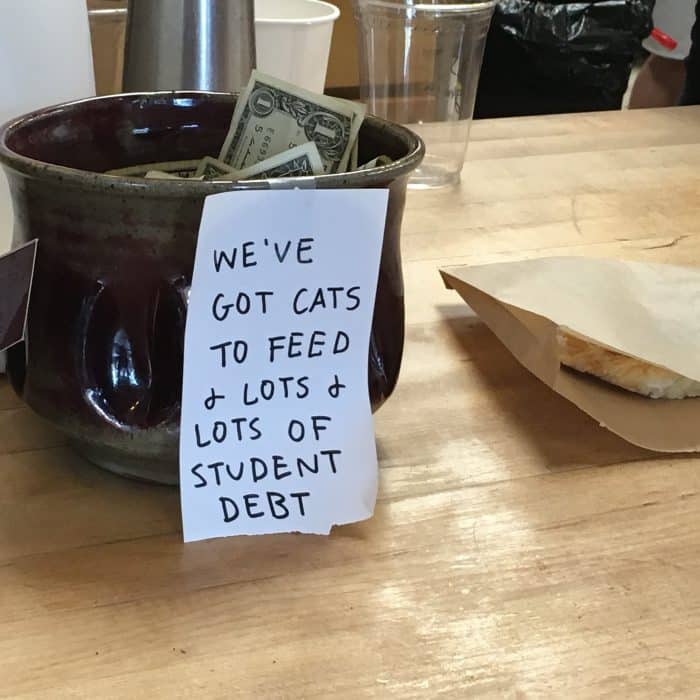Do you use student loans to pay for your college tuition? As of 2017, more than 44 million Americans have student loan debt with a total debt sum of $1.45 trillion (StudentLoanHero.com). Of the 44 million, 11.2 percent (almost 5 million) of Americans are in default or have student debt delinquency of at least 90 days. This means they’ve missed a student loan payment by at least 90 days. Did you know that missing a student loan payment has a significant impact on your credit score? This article will review how student loans affect your credit score both negatively and positively.
Why Get Student Loans?
It’s been proven than earning a college degree plays a big part in getting a higher salary: in 2015 the median earnings of young adults with a bachelor’s degree were 64 percent higher than those of young adult high school completers (NCES.ed.gov). Unfortunately, higher education usually comes with a much higher cost and is very difficult to afford with student’s income or savings. It is this situation where students turn to student loans to pay for the college education.

Student Loans During School
An important tip for handling student loans is keeping tack of what you’re borrowing. Depending on the college you’re in, you might have to get both federal and private student loans. With the fixed interest rates on your loans, the total debt amount might increase significantly by the time you graduate from college. Stay updated on your interest rates and loan amounts, and you have a better chance of paying them off soon.
Another important tip is to start making interest payments while you’re still in school. We know it will be difficult—after all, you’re a full-time student and had to get student loans to pay for your college education. But your student loan interest could be as low as a few dollars each month.
Student Loans vs. Credit Score
Upon graduation, you’re expected to start paying off your student loans and without missing a payment. Not only will you be reducing your student debt but you will also improve your credit score. Your student loans are generally treated as “installment plans” by the three major credit bureaus—Experian, TransUnion, and Equifax (CreditCards.USNews.com). This means the credit bureaus will make a record of your payments (as long as they’re on time each month), which will in turn increase your credit score.
It’s good to maintain monthly payments of your student loans, but it’s not recommended to pay off your student loan earlier than the original planned loan duration. When you pay off your student debt early it means your lender will lose income from the fixed interest they originally placed with your student loan. This can result in future loans with shorter terms, but a much higher interest rate so that lenders can get a better return on their loan to you (CreditCards.USNews.com).
Sources
StudentLoanHero.com: https://studentloanhero.com/student-loan-debt-statistics/
NCES.ed.gov: https://nces.ed.gov/fastfacts/display.asp?id=77
TheBalance.com: https://www.thebalance.com/student-loans-101-315580
CreditCards.USNews.com: https://creditcards.usnews.com/how-student-loans-affect-your-credit-score

